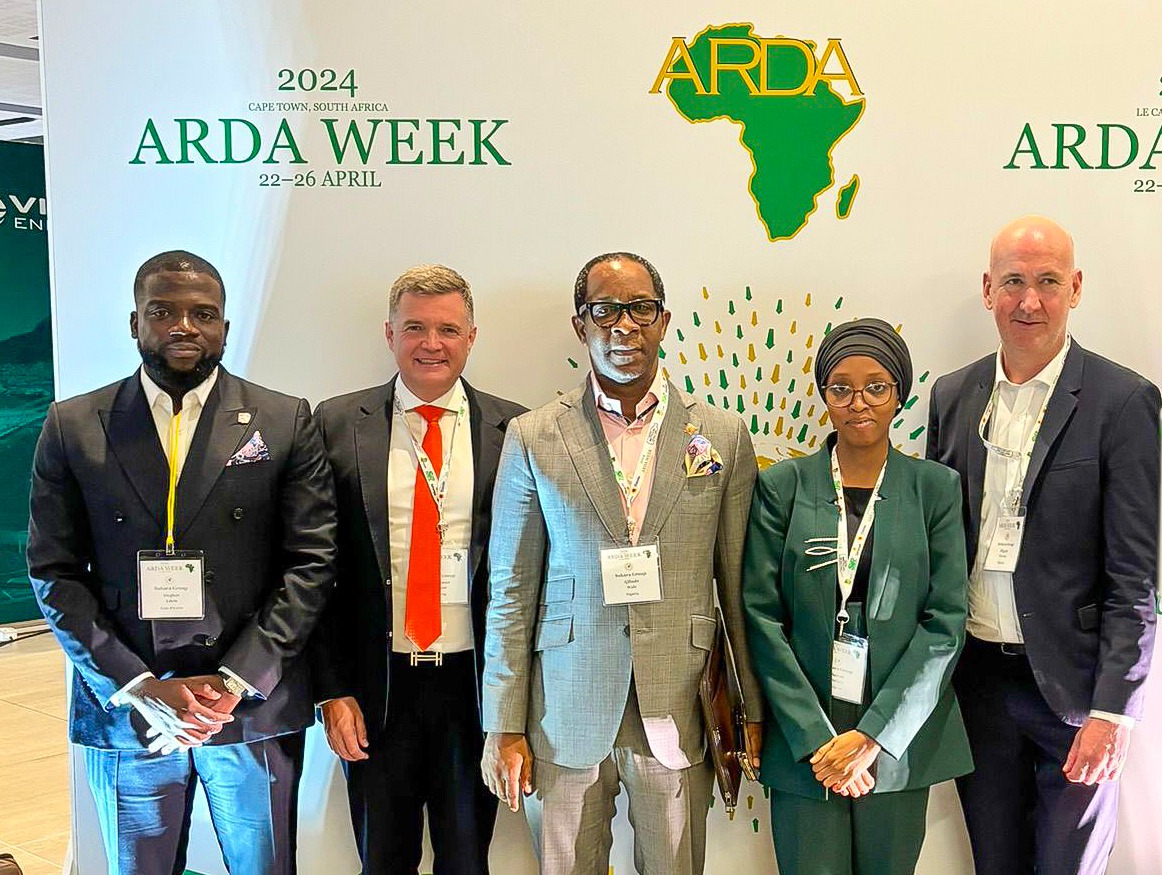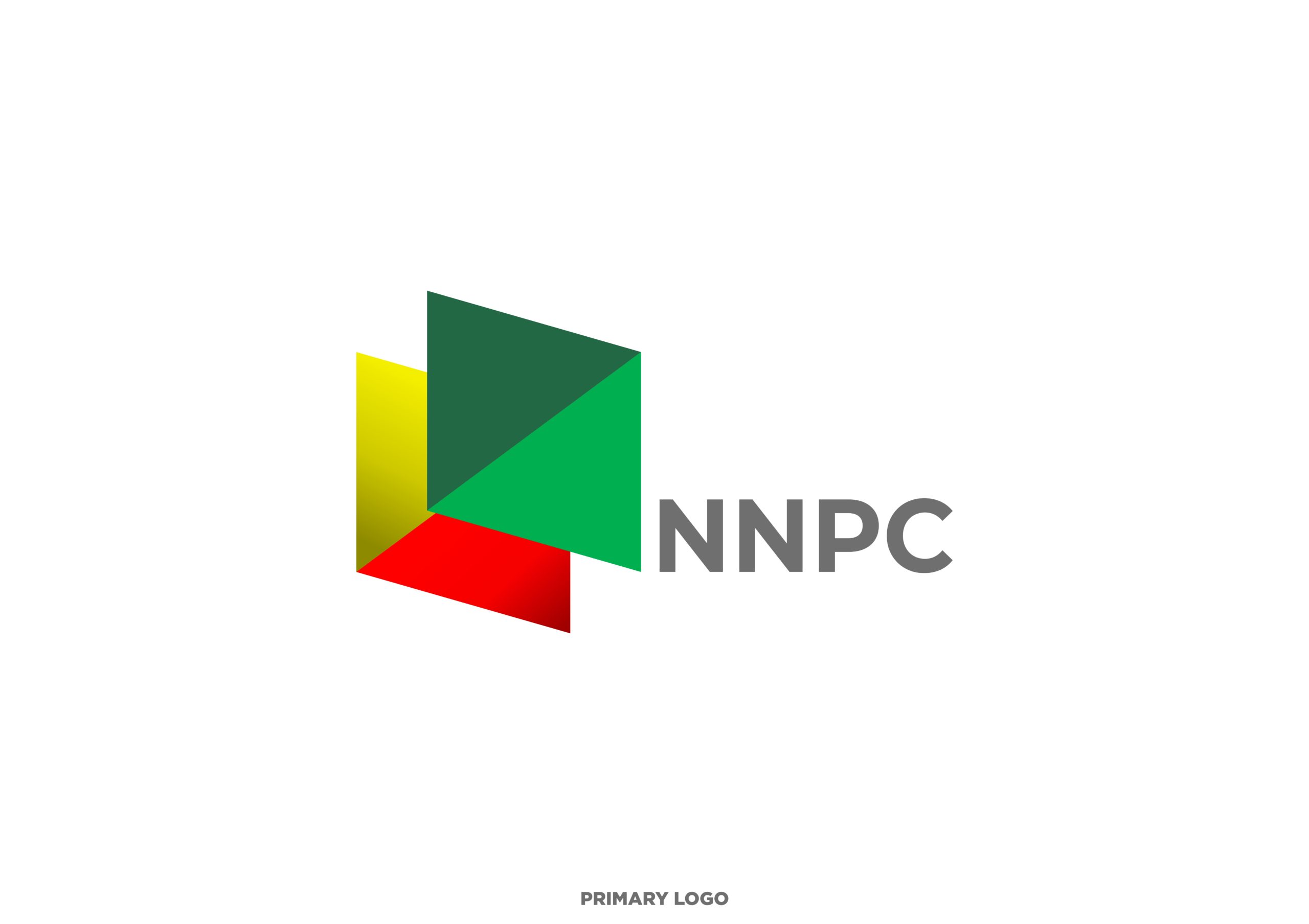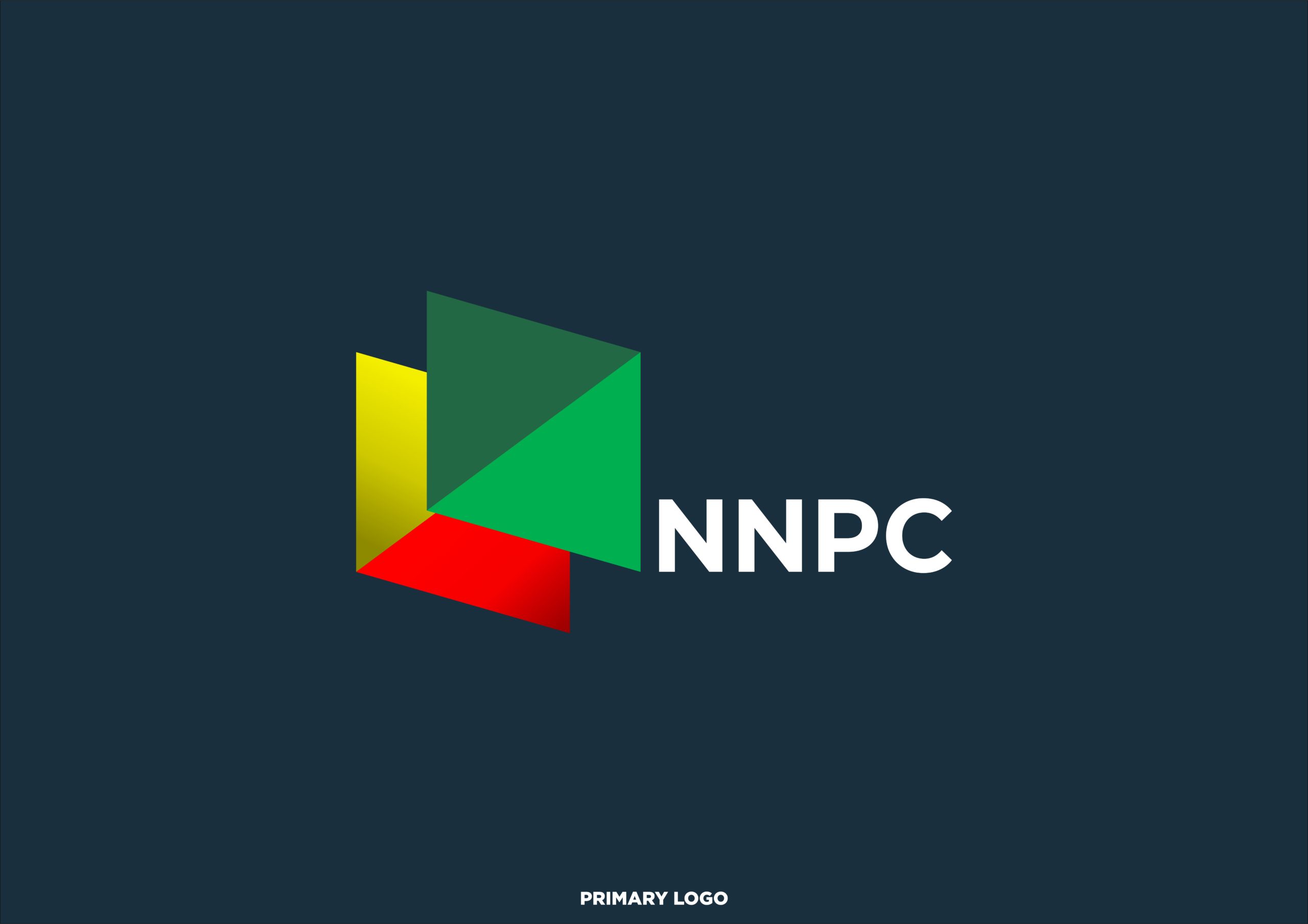Energy
Nigeria at 63 – Chevron Nigeria’s Partnership with Nigeria for socio-economic development
As Nigeria celebrates her 63rd independence anniversary, Chevron companies in Nigeria are proud of our partnership and contribution to the social and economic development of the country. In its six decades of operation in Nigeria, Chevron Nigeria has continued to make significant investments in the country that have helped generate socio-economic development in several communities across Nigeria.
The Chairman and Managing Director, Chevron Nigeria and Mid-Africa Business unit, Rick Kennedy explains the business perspective of Chevron Nigeria thus: “At Chevron Nigeria, we strive to build lasting relationships to help enable human progress now and into the future. Chevron has a long commitment to Nigeria. We have been making significant investments in Nigeria for over 60 years, contributing to the growth and development of the country.”
According to Rick, “Chevron Nigeria has been successful in leading and investing in some major initiatives in the Nigerian oil and gas industry. These include the development of the Deep Water Agbami project which has produced over 1 billion barrels of oil, the development of the Escravos Gas Processing (EGP) facility to enable the reduction of flares and be the largest supplier of on-spec domestic gas in Nigeria, and the development of the Escravos Gas-to-Liquids (EGTL) facility to reduce gas flaring and produce high quality diesel. Also, in partnership with the Economic Community of West African State (ECOWAS), Chevron Nigeria led the development of the ~700km West African Gas Pipeline (WAGP) project through which Nigeria supplies gas to Benin, Togo, and Ghana, helping to boost economic development in the region.”
Chevron Nigeria has had a long history of commitment to Nigerian Content development. Chevron companies in Nigeria had developed and imbibed the Local/Nigerian Content development philosophy well before the enactment of the Nigeran Oil and Gas Industry Content Development Act (“NOGICD Act”) in April 2010. Chevron has helped in building the capacities of several Nigerian businesses by providing training, contracts, and procurement opportunities to Nigerians on all projects in our operations. For the last 10 years, one of the Chevron Nigeria companies, Chevron Nigeria Limited (“CNL”)has spent an estimated annual average of $1 billion on Nigerian suppliers and service providers. CNL’s Chairman/Managing emphasizes that “Chevron does all this, not because it is compelled to, but because it is the right thing to do.”
Esimaje Brikinn, Chevron Nigeria’s General Manager, Policy, Government and Public Affairs, highlighted Chevron Nigeria’s focus on helping to engender the development of communities in the Niger Delta through the erstwhile Global Memorandum of Understanding (GMoU), a community-driven, participatory partnership model for community engagement pioneered by Chevron Nigeria in 2005.
“Through the GMoU, we provided funds to execute hundreds of projects in the communities where we operate in the Niger Delta region. This has led to social investment projects benefitting over 600 communities in the Niger Delta area. We will be leveraging our experience with the GMoU in the implementation of the Host Community Development Trust (HCDT) provisions of the Petroleum Industry Act (PIA)”, he stated. “In 2010, Chevron established the Partnership Initiatives in the Niger Delta (PIND), a non-profit organization working with partners to complement the GMoU, build peace and address the macro socio-economic issues in the Niger Delta region. Chevron has invested over $100 million in PIND and leveraged a corresponding amount from investors and partners. PIND’s programmes have continued to create socio-economic impact in the Niger Delta region through the twin pillars of economic development and peace building, leading to increased productivity and incomes, jobs, and reduced conflict,” Esimaje said.
Chevron Nigeria’s social investment footprint extends beyond its areas of operation. Among other health initiatives, Chevron Nigeria built and donated a DNA Molecular laboratory to the University of Lagos Teaching Hospital, and the facility is very significant to medical research in Nigeria. In the heat of the coronavirus (“COVID-19”) pandemic, Chevron Nigeria donated a Polymerase Chain Reaction (PCR) laboratory to Warri Central Hospital to support the Delta State government in the fight against the COVID-19 pandemic, in addition to other industry-collaborations. Chevron Nigeria has also implemented health initiatives such as the Roll Back Malaria programmes, Prevention of Mother to-Child transmission of HIV/AIDS and awareness programmes on River blindness, etc.
In its Deep offshore operations, Chevron Nigeria has continued to implement projects and programmes in the areas of health, education, and economic development across Nigeria. For instance, Star Deepwater Petroleum Company Limited (a Chevron company) and its parties in the Agbami field – Famfa Oil Limited, Nigerian National Petroleum Corporation (NNPC), Equinor Nigeria Energy Company Limited, and Prime 127 Nigeria Limited – have been investing in fighting Tuberculosis (TB) with the construction and equipment of chest clinics in Nigeria to support the treatment and care of tuberculosis patients in Nigeria. Currently 28 such chest clinics fully equipped with standard X-Ray machines, male and female wards, treatment rooms, laboratories and Gene Xpert Machines have been completed across the country to support Nigerian health system. The Agbami parties have also donated nine (9) mother-and-child health care centers and one medical diagnostics laboratory in some States in Nigeria. Some of the donated chest clinics and mother and childcare centers became useful for COVID-19 response in some states during the heat of the pandemic.
Chevron Nigeria continues to support development of education in the Niger Delta region and across the country through development of education infrastructure, capacity building and scholarships. The scholarships include: the Nigerian National Petroleum Company Limited/Chevron Nigeria Limited Joint Venture’s national university scholarship and the community scholarship program which caters for students in both secondary and tertiary institutions from communities in Chevron Nigeria’s areas of operations. Additionally, Chevron Nigeria awards scholarships to visually impaired students to enhance their access to quality education. Over 23,000 people have benefitted from the company’s scholarship programs which include scholarship for community postgraduates’ scholars in Nigeria and foreign universities.
Since inception of the Agbami Medical and Engineering Professional Scholarship programme in 2009, over 16,500 students from all the states of Nigeria have benefitted from the scholarship, out of which 715 students have graduated with first class degrees. Chevron Nigeria and its Deepwater parties have continued to invest in education infrastructure. The parties have executed 39 Science laboratory complexes and 25 conventional and hybrid libraries across the country. Also, Chevron and its partners take a wide-ranging activity to encourage students to develop interest in key subjects of Science, Technology, Engineering, and Mathematics (STEM) and, ultimately pursue STEM courses and career.
Chevron Corporation has also sponsored certain global health and environmental-related initiatives that have an impact in Nigeria. These efforts include the contribution to Global Fund against HIV/AIDS, malaria, and TB which has benefitted Nigeria in the areas of providing access to lifesaving antiretroviral therapy for people living with HIV, provision of long-lasting insecticide-treated mosquito nets and detection of tuberculosis cases. Also, as part of its efforts in environmental conservation, Chevron Nigeria with the support of Chevron Corporation, built and donated the Lekki Conservation Centre (LCC) to the Nigerian Conservation Foundation (NCF) in 1992. The 78-hectare facility has become a center of excellence in environmental research and education, reserved as a sanctuary for the rich flora and fauna of the Lekki Peninsula, Lagos. CNL also sponsors the Junior Tennis tournament, the National Arts competition, and other activities by various organizations.
Chevron Nigeria is optimistic about the future of the oil and gas business in Nigeria. As the Chairman/Managing Director emphasized: “Chevron takes a long-term view of Nigeria. The company has been making significant investments in the country for 60 years and it believes that with the right policies, laws and regulations, the enormous potential of Nigeria’s oil and gas sector can yield even greater benefits for all.”
Energy
Sahara Group Urges More Refining, Storage To Boost Africa’s Downstream

Inadequate refining capacity, insufficient storage, and impeded product movement across Africa are the three major impediments slowing the growth of the continent’s downstream oil sector, Wale Ajibade, Executive Director, Sahara Group has said.
Ajibade expressed his views in a paper “Africa Downstream Market Developments and Forecast” presented at the recently concluded Africa Refiners and Distributors Association (ARDA) Week 2024 in Cape Town, South Africa.
He maintained that addressing these gaps would transform Africa’s downstream petroleum industry.
Biztellers reports that the ARDA Week 2024 is Africa’s foremost gathering of stakeholders in the downstream oil industry.
Ajibade noted that shoring up the continent’s refining capacity was critical to sustaining efficiency, availability and accessibility in the sector.
He explained that as Africa explored ways of achieving hitch-free energy transition, efforts must be made to ensure optimisation of the sector’s value responsibly and collaboratively.
In his words, “Many African countries lack sufficient refining capacity to meet domestic demand, leading to heavy reliance on imports. This lack of self-sufficiency leaves these markets vulnerable to supply disruptions.
“Addressing this would require fresh investments and collaboration across the sector’s value chain.”
On insufficient storage infrastructure, Ajibade pointed out that this has continued to hamper the ability to maintain strategic reserves and ensure reliable supply during times of high demand or supply chain disruptions.
“In East Africa, shippers at Beira, Dar es Salaam and Mombasa — the key entry ports for refined products — are experiencing significant demurrage. Ageing and poorly maintained pipeline networks result in significant product losses and distribution bottlenecks,” he stated.
According to him, a collaborative solution which involves regulators, operators, investors, financial institutions, and government owned oil companies is required to help the African downstream sector to reach its full potential and provide reliable and affordable energy access to the continent’s growing population.
“Africa’s downstream Market leaders will need to work closely with her the various governments and agencies to carefully navigate the complex challenges through regulation and technology adoption while pushing for sustainable growth across Africa,” he added.
He also stated that the continent increasingly relied on imports of refined products to support consumption growth, primarily due to the underutilisation of existing refineries caused by technical issues.
He called for, “Investments in refinery upgrades, pipeline modernisation, and the construction of new storage facilities will be crucial to overcoming these challenges and unlocking the region’s energy security and economic development.”
Highlighting some positive trends in the sector, Ajibade said the African downstream market is experiencing rapid growth and transformation, driven by soaring energy demand, population growth, and the focus on industrialisation, urbanisation, and economic He explained that these would drive the demand for refined petroleum products, petrochemicals, and related downstream services is forecasted to grow by up to 30% by 2040.
“Africa is experiencing a lot of migration from rural to urban areas. In 2015, Africa had only six cities with more than five residents compared to 17 expected in 2030. Africa has experienced an increase in the number and capacity of industries across the continent, with industrial GDP set to double by 2025,” he said.
On the promotion of regional and cross-border trade, Ajibade noted that initiatives such as the African Continental Free Trade Area are promoting regional integration and facilitating cross-border trade in downstream products.
“This is encouraging investments in integrated downstream assets, logistical infrastructure, and harmonised regulatory frameworks to capitalise on the expanded market opportunities,” concluding that production of chemicals, plastics, lubricants, and specialty products would foster self-sufficiency and spur economic growth through increased job creation, reduced import reliance and enhanced technological innovation,” he added.
Energy
NNPC Ltd, Partner Unlock 12,000bpd Production From Awoba Unit Field

Keen on optimising production from the nation’s hydrocarbon assets to boost revenues and meet her OPEC production quota, the Nigerian National Petroleum Company Limited (NNPC Ltd.) and its Joint Venture partner in the Awoba Unit Field, Newcross Exploration and Production Ltd., have restarted production from the Awoba field which last contributed production to the Bonny Terminal in 2021 and was finally shut down in February 2022 due to evacuation issues and crude oil theft.
This was contained in a statement put out on the state oil company’s X handle on Tuesday from Abuja, under the signature of its Chief Corporate Communications Officer, Olufemi O. Soneye.
He asserted that since the restart of the Awoba field by NNPC Ltd and it partners on April 13, 2024; production from the field has averaged 8,000 barrels per day and is expected to plateau at 12,000 per day at full ramp up within 30 days.
Awoba is also expected to significantly boost gas supply to the power sector and other gas-based industries, Soneye added.
Biztellers reports that the Awoba Unit which straddles OMLs 18 and 24 is located in the mangrove swamp south of Port Harcourt, Rivers State. Both OML 18 and OML 24 assets are under the management of the NNPC Upstream Investment Management Services (NUIMS).
Recall that the NNPC Ltd. has been recording a string of production successes from the JV portfolio which have significantly lifted overall national production. Besides the recent start of production at the Madu Field by the NNPC Ltd/First E&P JV, the company has achieved the restart of production at OMLs 29 and OML 18 in late 2023 which have steadily contributed an average of 60,000bpd to the nation’s production output since their restart.
The Group Chief Executive Officer of NNPC Ltd., Mallam Mele Kyari, ascribed the achievement to the President Bola Ahmed Tinubu administration’s success in providing enabling operating environment for businesses to thrive.
He expressed appreciation to all stakeholders (staff, operators, host communities, government security agencies, and private security contractors) who played a pivotal role in achieving the feat.
Energy
NNPC Ltd, First E&P Achieve 20,000bpd Production At OML 85

The Nigerian National Petroleum Company Limited (NNPC Ltd) and its Joint Venture partner in OML 85, First Exploration and Petroleum Development Company Limited (First E&P), have commenced oil production from the asset also known as Madu Field.
Biztellers reports that production from the field which is located in shallow waters offshore Bayelsa State and operated by First E&P is expected to be at an average of 20,000 barrels per day.
The achievement is a testament to the commitment of the President Bola Tinubu administration to optimise production from the nation’s oil and gas assets through the provision of enabling environment for existing and prospective investors.
According to the Group Chief Executive Officer of NNPC Ltd, Mele Kyari, the commencement of oil production at the Madu Field is a significant milestone that will contribute to the larger goal of meeting the production required to drive revenue growth and boost the nation’s economy.
He commended stakeholders for their support, and opined that the addition of 20,000 barrels per day by an indigenous oil player signals the commitment of stakeholders to achieving economic development for Nigeria.
Recall that the Final Investment Decision (FID) on the development of the Madu Field and a sister field, Anyala, was taken by the NNPC Ltd/First E&P JV in 2018.
Production from the Madu Field will be processed at the JV’s Abigail-Joseph Floating Production Storage and Offloading (FPSO) Unit, which has a crude oil storage capacity of up to 800,000bbls.









